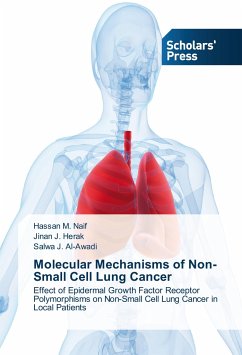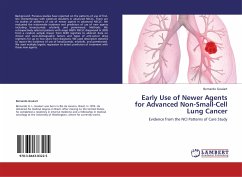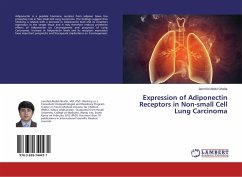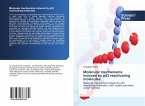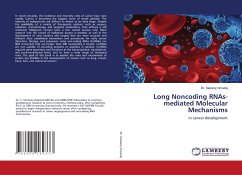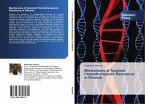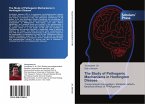Lung cancer is the leading cause of cancer related death among men and women world-wide with a 1 million deaths per year, exceeding the other three causes of cancer: breast, colon, and prostate. Eighty per cent of the lung cancers are from type of non-small cell lung cancer (NSCLC). Knowing that more than 60% of NSCLCs express epidermal growth factor receptor (EGFR) on their cells, this molecule has become an important target for determination of genetic mutations and its critical roles in the progression to metastatic stage of NSCLC. In the United States for example, about 15% of patients with NSCLC have mutations to the EGFR. This work provides a comprehensive view and wealth of background knowledge and molecular technology currently in use to establish the types and prevalence of EGFR mutations and their impact on NSCLC in local patients. The comparative investigation here has also revealed the correlation between gender and smoking in patients with NSCLC and found that there was a strong association between the incidence of NSCLC and smoking but not with gender. These data indicate that molecular testing of EGFR mutations would greatly benefit treating patients with NSCLC.
Bitte wählen Sie Ihr Anliegen aus.
Rechnungen
Retourenschein anfordern
Bestellstatus
Storno

